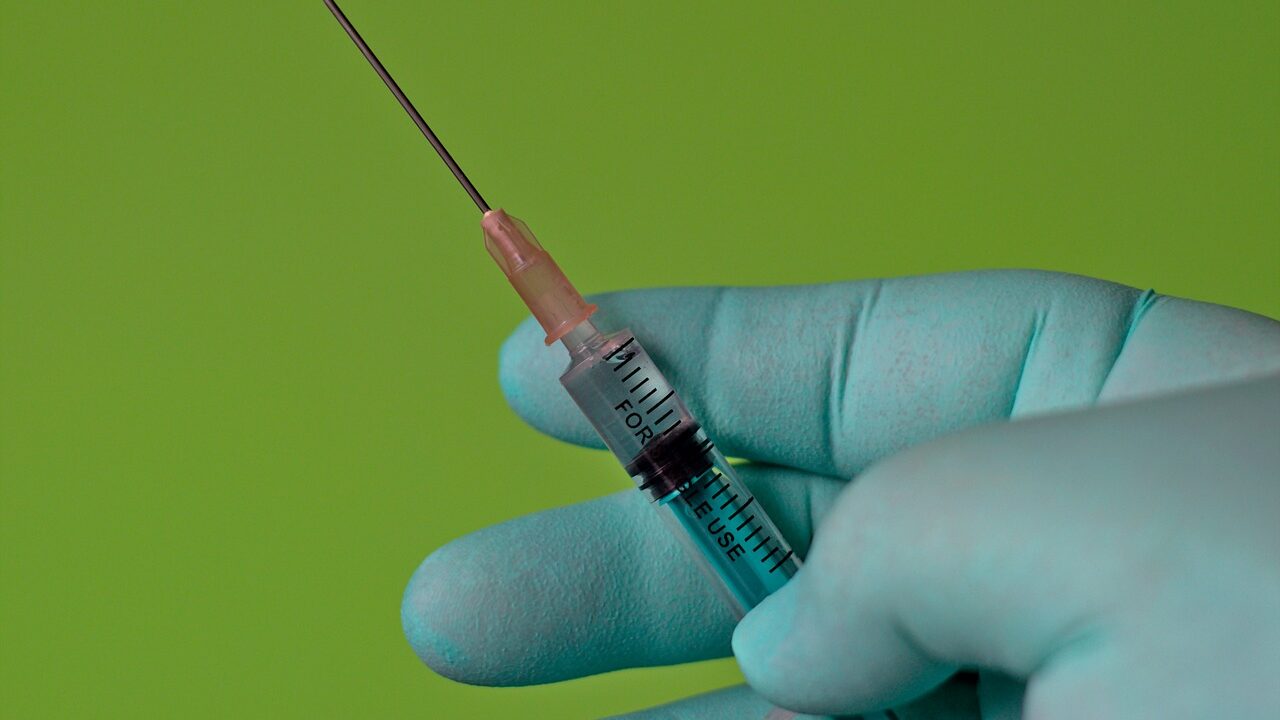The British Veterinary Association (BVA), alongside key agri-food and animal health bodies, has called on the UK government to clarify how new post-Brexit arrangements will affect access to veterinary medicines in Northern Ireland.
In a letter sent to the Department for Environment, Food and Rural Affairs (Defra) minister, Baroness Hayman of Ullock, the organisations acknowledged the work that has gone into developing the new Veterinary Medicines Internal Market Scheme (VMIMS) and the Veterinary Medicines Health Situations Scheme (VMHSS), both of which aim to ensure the continued access of veterinary medicine in NI.
However, the letter warned that uncertainty still remains in regards to how these schemes will work in practice, and what they will mean for farmers, vets and pet owners after the current grace period ends on December 31, 2025.
Supply
While welcoming the intention to protect animal and public health through VMIMS and VMHSS, the signatories noted that many in the sector still do not know how these new schemes will actually function, or what veterinary products will remain available.
The letter highlighted that early indications from manufacturers suggest that the number of medicines, which are likely to be discontinued or changed, “may be higher than originally understood”.
It added that some products could potentially retain marketing authorisation for administrative or intellectual property reasons without guaranteeing supply, and “as a result, changes to product availability may become apparent only at the point of ordering”.
“This makes forward planning extremely difficult for veterinary practices, Suitably Qualified Persons (SQPs), farm businesses and producers, and increases the risk of disruption if more products are affected than currently assumed,” the letter stated.
Herd health
The groups outlined that the new arrangements place heavy reliance on individual clinical judgement, without a clear, shared interpretation of how decisions should be made.
With reports of communication across the industry being limited so far, they warned that “responsibility risks falling disproportionately” on vets and SQPs, who are preparing for a transition without the clarity they need.
The letter also highlights the importance of preventative treatments to maintain herd and flock health, with a significant proportion of veterinary medicine currently being supplied through the SQP route.
However, the signatories raised concerns that SQPs will be unable to source alternatives if products become unavailable, as they cannot use the veterinary cascade, potentially leaving farm businesses without familiar routine medications.
The letter stated: “Any reduction in timely access to these products increases the risk of avoidable animal health and welfare issues, including increased disease risk and more reactive rather than preventative treatment on farms.”
Pet owners
Additionally, access to medicine for pet owners in Northern Ireland was also flagged by the BVA and other signatories.
Pet owners in Northern Ireland who have prescriptions from their veterinary surgeon will not be able to source medication online, as all online veterinary pharmacies currently supplying Northern Ireland are based in Great Britain, which is a route that will be blocked from January 1, 2026.
As a result, “pet owners may face additional costs and inconvenience if familiar medicines become more difficult to source”, according to the letter.
Letter
The letter was co-signed by the BVA and its Northern Ireland branch, the North of Ireland Veterinary Association, Northern Ireland Agricultural Producers Association, Animal Health Distributors Association, Dairy Council for Northern Ireland, Northern Ireland Meat Exporters Association, Livestock and Meat Commission for Northern Ireland, and the Northern Ireland Pork and Bacon Forum.
They commented: “Our shared concern is that, without greater coordination, there is a risk of disruption, increased cost pressures, rising workload and avoidable disease pressure at a time when veterinary capacity is already stretched.”
The groups urged Defra to ensure that the new schemes are applied consistently and that guidance is communicated clearly and promptly to those affected.
They called for a meeting to discuss the concerns at the earliest opportunity, ideally within the next two weeks.

